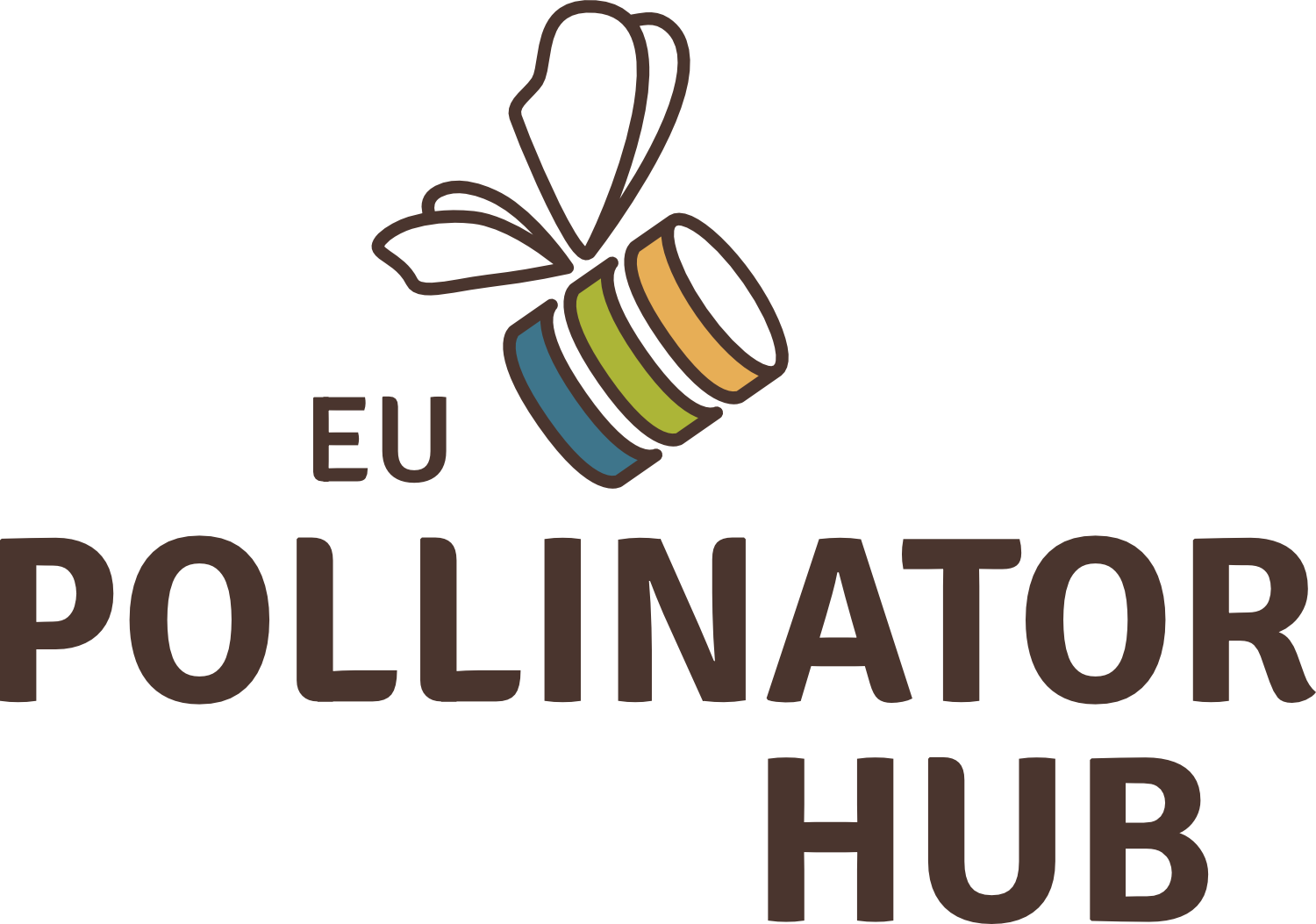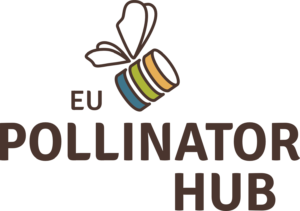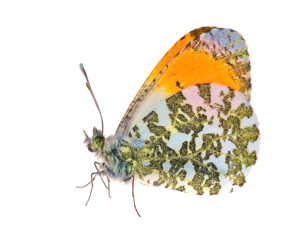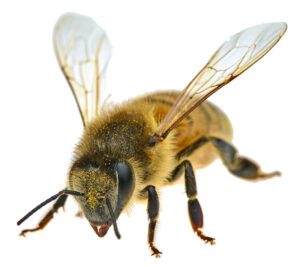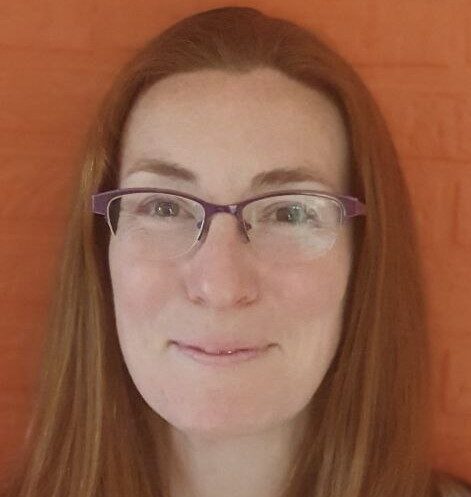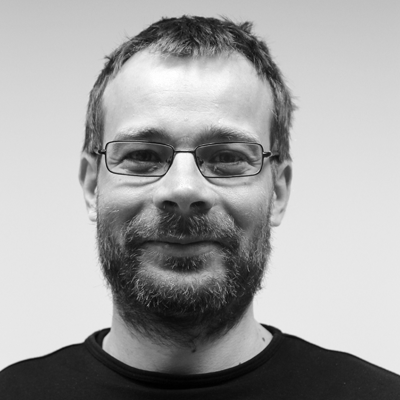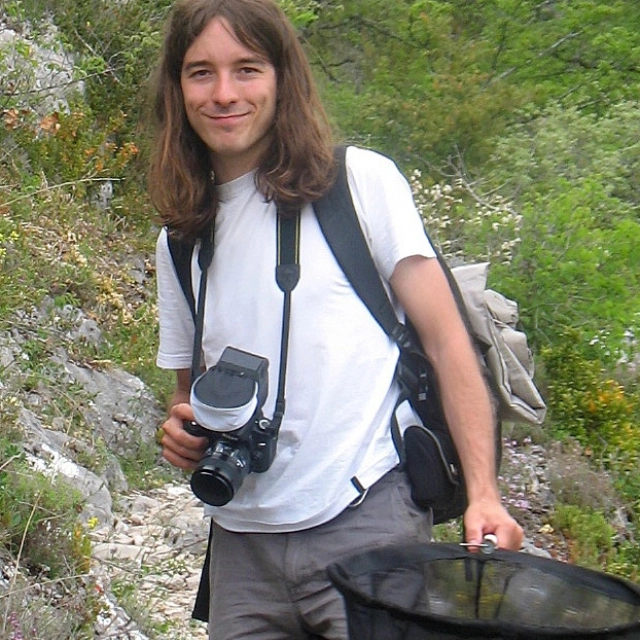About the platform
The EU Pollinator Hub is a new milestone in efforts to improve conditions for pollinators and all relevant stakeholders in Europe. It features an online collective approach to sharing harmonised and standardised data on pollinators to monitor their health and target actions to protect them.
The EU Pollinator Hub is a unique online platform that integrates and centralises data related to pollinators, bees, beekeeping, and other relevant data for the agricultural sector.
It is the first online tool aiming at empowering a vast community of stakeholders gathering and requiring data related to pollinator health.

Data on pollination services provided by pollinating insects, pollinator health, and beekeeping productivity is becoming increasingly valued. Environmental, agricultural and food safety authorities, farmers, beekeepers and researchers require accessible information to better assess production and environmental health conditions. The EU Pollinator Hub provides a necessary centralisation and visualisation service on all data relevant to pollination services, beekeeping production, and environmental conditions.
BeeLife European Beekeeping Coordination develops the EU Pollinator Hub in collaboration with ZIP Solutions -a Slovenian SME specialised in digital solutions related to bees and beekeeping-, Visualife -an Austrian data quality management expert- and CRA-Wallonie -Belgian agronomical research centre- dealing with data standardisation, validation, processing and visualisation.
Who is it for?
The EU Pollinator Hub counts with the support of an extensive network of stakeholders from the EU Bee Partnership, including beekeeping and farming associations, the plant protection products industry, bee scientists, environmental organisations, and veterinary associations. It also counts with the support of the European Food Safety Authority (EFSA). The Hub is the materialisation of conclusions reached in the EU Bee Partnership stakeholder group on pollinator data.
The platform will serve all members of the EU Bee Partnership and all stakeholders dependant or interested in pollinator health. Citizens, researchers, and public authorities that work on pollination services and biodiversity conservation will have access to the platform to share, process, centralise and visualise data from diverse sources.
History of the EU Pollinator Hub

The EU Pollinator Hub has passed through several phases of development. Initially, The Bee Hub was created as a Proof of Concept. The Bee Hub introduced a Big Data approach aiming at improving our understanding of European pollinator diversity and threats. It made its first public launch in 2019. This was the first step in the development of a platform aiming to include any relevant data linked to pollinators, especially bees. This work was completed within The Internet of Bees Project (IoBee).
The Proof of Concept continued to be developed into a prototype-building phase: the EU Bee Partnership Prototype Platform. It was finalised during the first semester of 2020 with the support of the European Food Safety Authority. The prototype expanded its data sources, enriching the collaborative nature of the platform for a better future for pollinators.
Currently, the EU Pollinator Hub is the third stage of development, bringing the platform to an operational and publicly accessible state in 2024.
The EU Pollinator Hub is a practical application of BeeLife’s and the EU Bee Partnership’s visions for a safer environment for pollinators. Its focus relies on a non-profit scheme. More sustainable and innovative agricultural practices and improving collaborations between farmers and beekeepers are part of the vision for the future of a sustainable Europe. Achieving its core objective of protecting bees and pollinators relies on cooperation among institutional agents, researchers and stakeholders.
One of the main goals is to achieve an application of current standardisation efforts for bee and pollinator-related data, thus implementing protocols such as those being developed by the Apimondia Working Group Bee XML.
Creating a Community for Pollinator Data
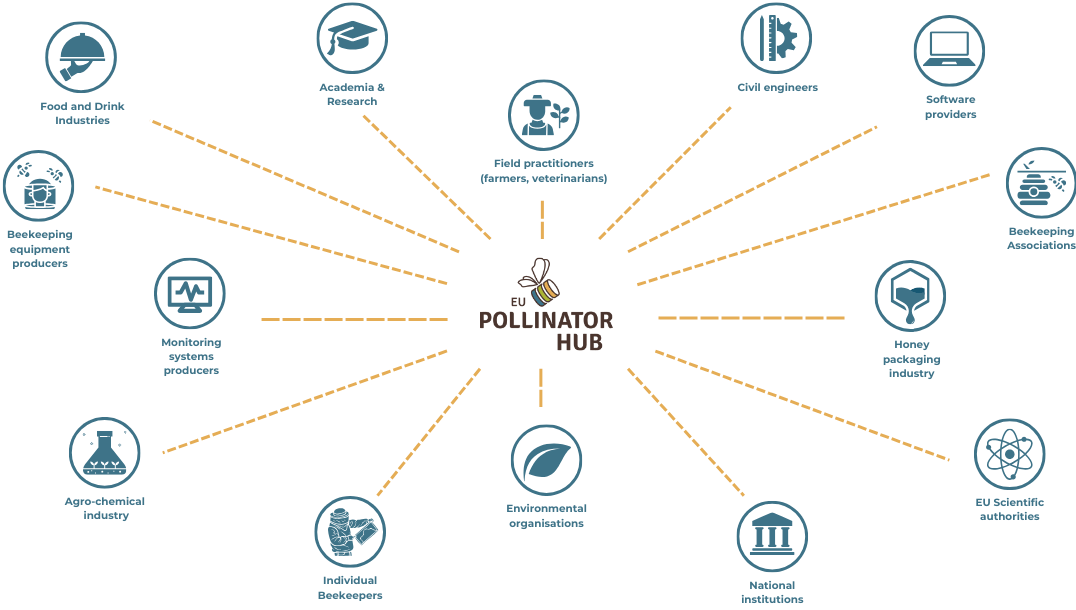
The EU Pollinator Hub is not only an online tool but also the hub for all matters related to pollinator data. During its development and future operation, it is building a vast community of data providers and users. The main goal of the EU Pollinator Hub is not only to develop an online platform but to boost all stakeholders in pollinator health to join together and unleash the power of their data by sharing and operating their own datasets with the vast library available in the Hub.
The platform aims to be a useful and effective data-gathering and sharing tool in which beekeepers, monitoring device producers, naturalists and research centres reach new levels of cooperation.
Creating a community for pollinator data requires trust-building. Trust in the platform that facilitates this work but also trust in partners. This is why throughout all development stages of the platform, consortium partners led by BeeLife, along with the EU Bee Partnership, organise workshops and meetings. These events are bringing data providers and users from various sectors together. The hub aims at creating a vast and diverse community surrounding pollinator data and health.
Data Ownership & Privacy

One of the key pillars in building the EU Pollinator Hub is ensuring the safety of data providers and respecting their interests. Data providers remain the sole owners of their data. The platform allows the storage, standardisation and merging of different data sources to be analysed together. However, it ensures providing clear ownership information and public acknowledgement to data providers. They also control the visibility of their data in the platform, with the freedom to personalise and revoke their consent at any moment.
Data providers are the pillar of the EU Pollinator Hub, and their data ownership and privacy are a main priority.
Project Partners
BeeLife European Beekeeping Coordination
BeeLife is a European NGO advocating to protect bees, beekeepers and pollinators from environmental threats.
ZIP Solutions
ZIP Solutions is a Slovenian-based SME specialising in developing technological solutions for beekeeping and pollinators’ health.
Visualife
Dr. Mag. rer. nat. Michael Rubinigg is an Austrian-based SME specialising in information management in the life sciences sector.
Walloon Agricultural Research Centre CRA-W
The CRA-W, Entomology Unit, is a research centre specialising in fundamental and applied research in the field of agricultural beneficial insects.
Noa Simon Delso
Managing director of the EU Pollinator Hub, responsible for external communication; expert for veterinary medicine and pesticides.
Noa is a trained veterinarian and eco-toxicologist, specialising in bees and pollinators. She is the managing director of BeeLife European Beekeeping Coordination where she has been working on European affairs related to bees, beekeeping and pollinators since 2009. She is based in Spain.
Gregor Sušanj
Software developer, solution architect and data engineer of the EU Pollinator Hub, responsible for software development, data integration and data protection.
Gregor is a software engineer by training. He is the managing director of the IT company ZIP solutions based in Slovenia and has developed several beekeeping-related web applications (Varroawarndienst, Bienenwanderbörse)
Michael Rubinigg
Data scientist and quality manager of the EU Pollinator Hub, responsible for data preparation, standardisation and quality management; expert in plant biology and beekeeping.
Michael is a plant biologist by training. He has been working for the European beekeeping industry for over a decade and owns a professional beekeeping operation and an IT company, based in Austria.
Gilles San Martin
Data scientist and data analyst of the EU Pollinator Hub, responsible for data exploration, analysis and modelling; expert for ecology and entomology.
Gilles is a trained biologist specialising in ecology, entomology and data science, with an excellent eye for nature. He works for the Walloon Agricultural Research Center (CRA-W), based in Belgium.
Bastien Crespy
Software developer of the EU Pollinator Hub (internship).
Bastien studies agricultural engineering at the National School of Agricultural Engineering of Bordeaux, France.
Sponsor
EFSA – European Food Safety Authority
EFSA is an agency of the European Union set up in 2002 to serve as an impartial source of scientific advice to risk managers and to communicate risks associated with the food chain. They cooperate with interested parties to promote the coherence of EU scientific advice. They provide the scientific basis for laws and regulations to protect European consumers from food-related risks – from farm to fork.
Supervision
EUBee Partnership
The EU Bee Partnership is a stakeholder platform moderated and dynamised by EFSA, which includes representatives from the beekeeping and farming sectors, environmental NGOs, veterinarians, academia, industry, producers, and scientists.
Keep up to date
Join BeeLife newsletter to be kept up-date about pollinators and agriculture related topics.
